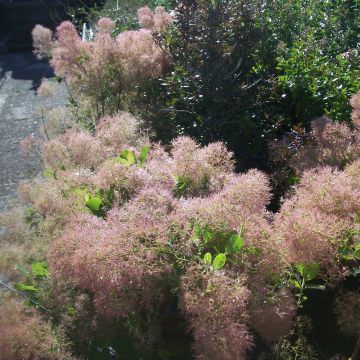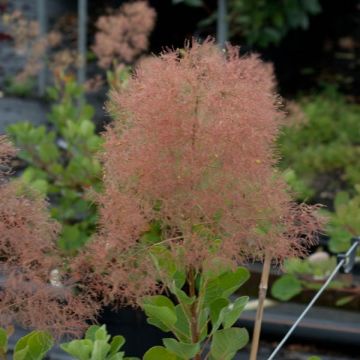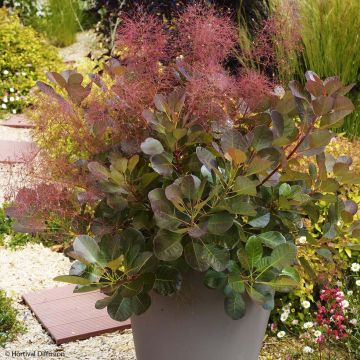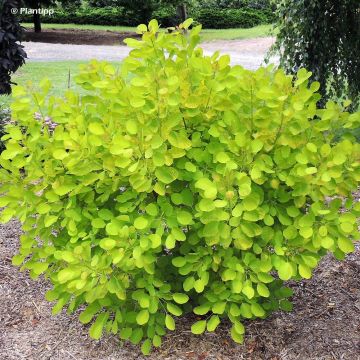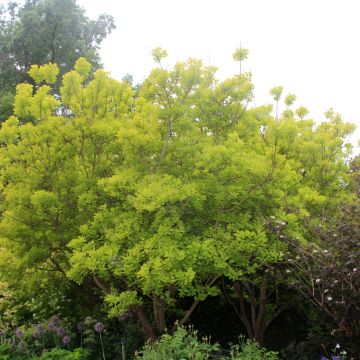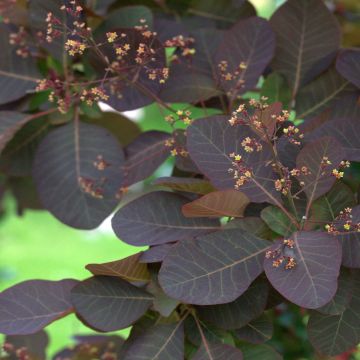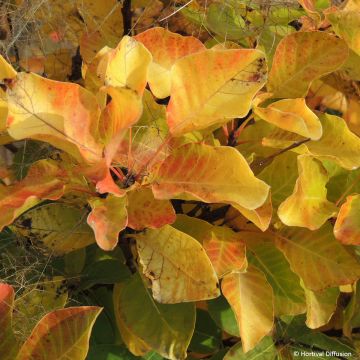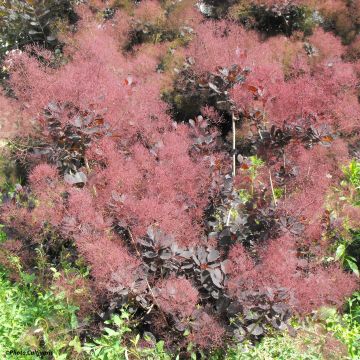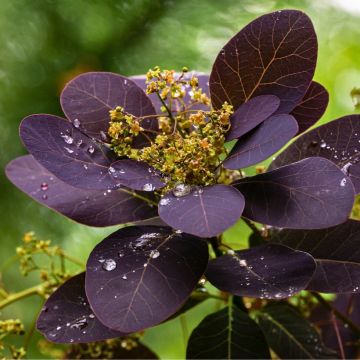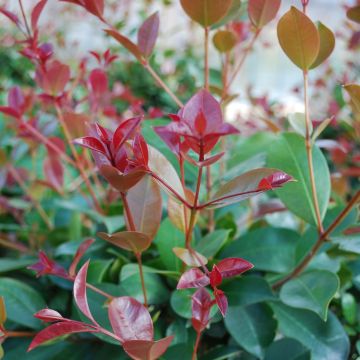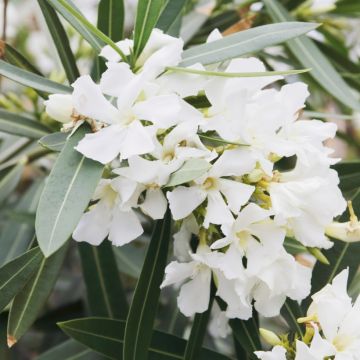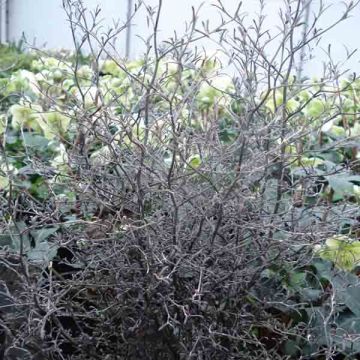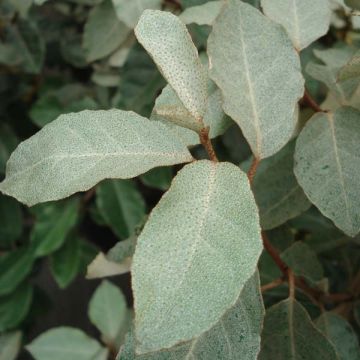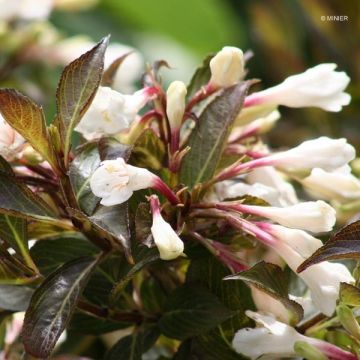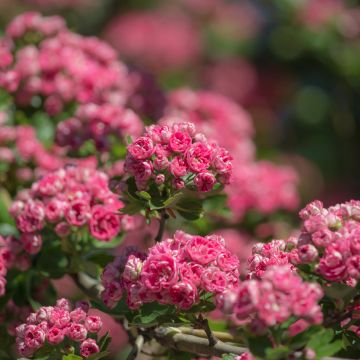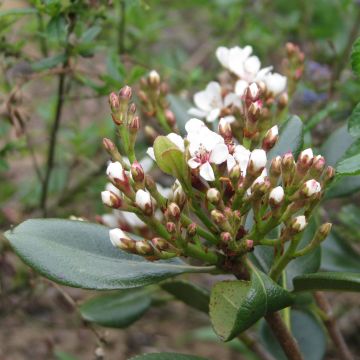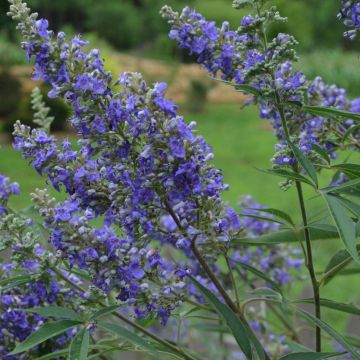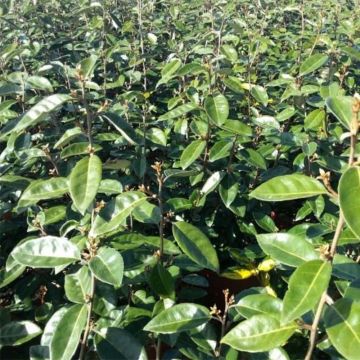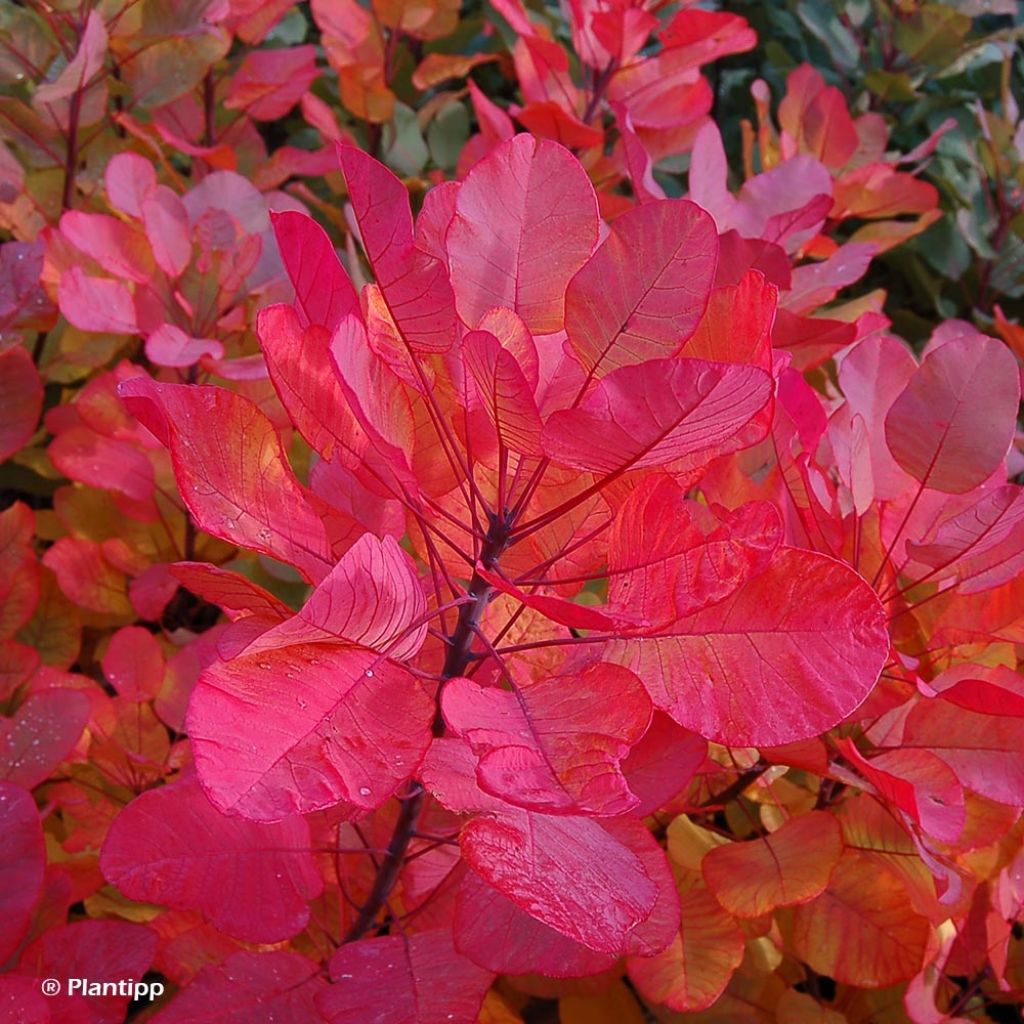

Cotinus coggygria Old Fashioned - Smoke Bush
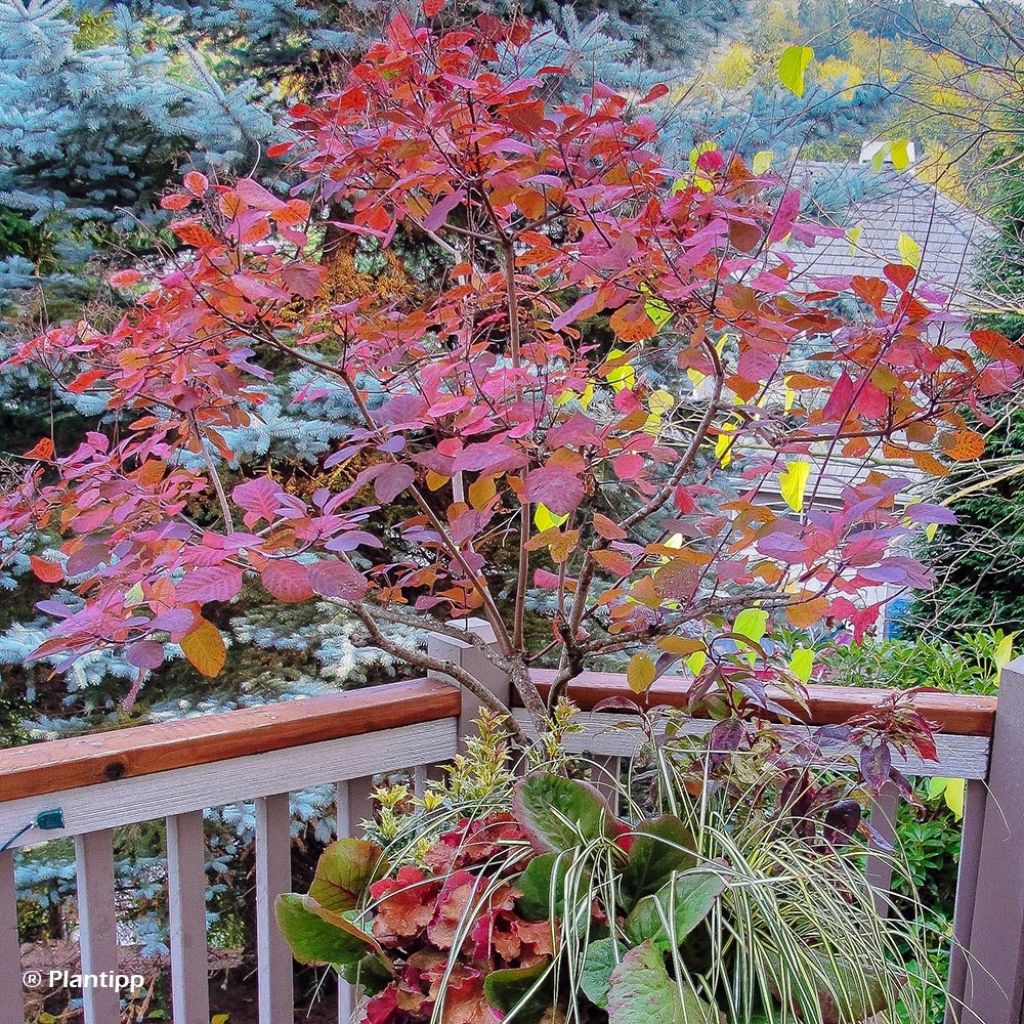

Cotinus coggygria Old Fashioned - Smoke Bush
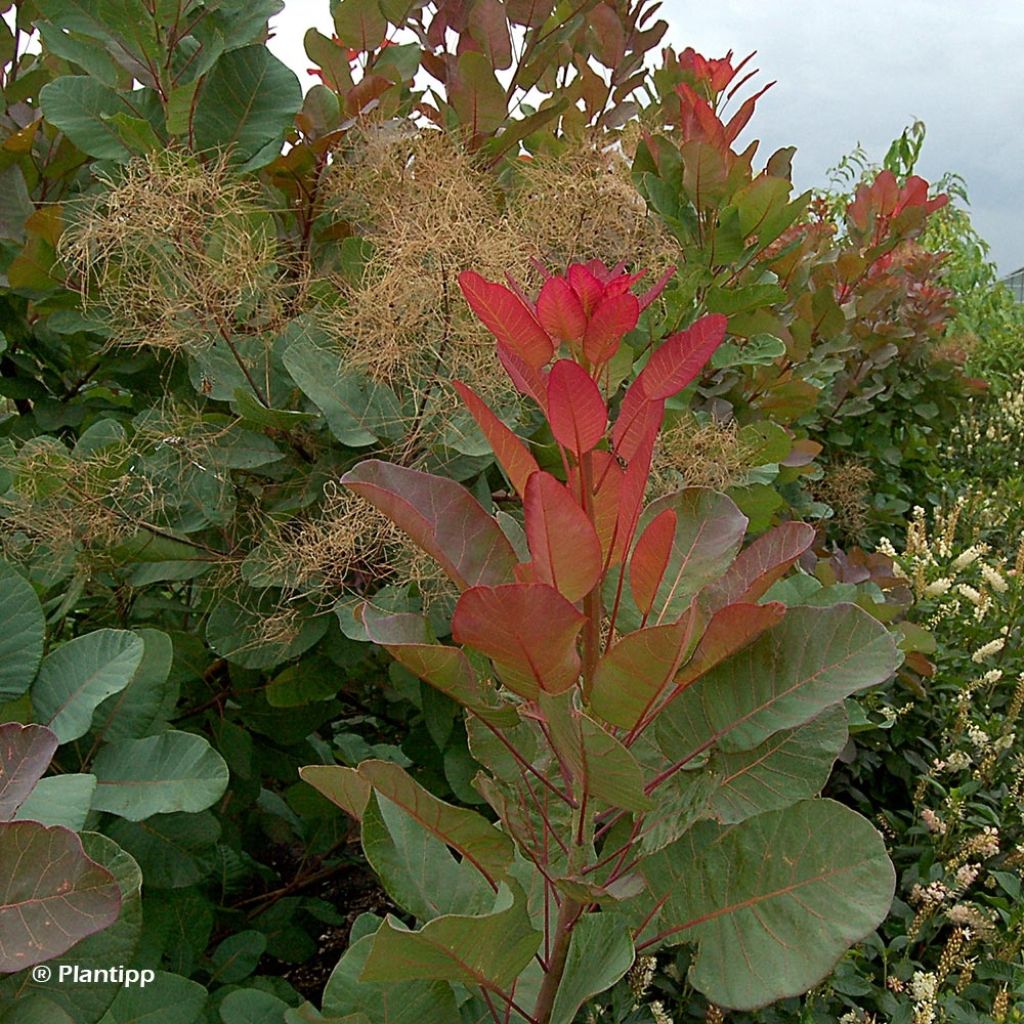

Cotinus coggygria Old Fashioned - Smoke Bush
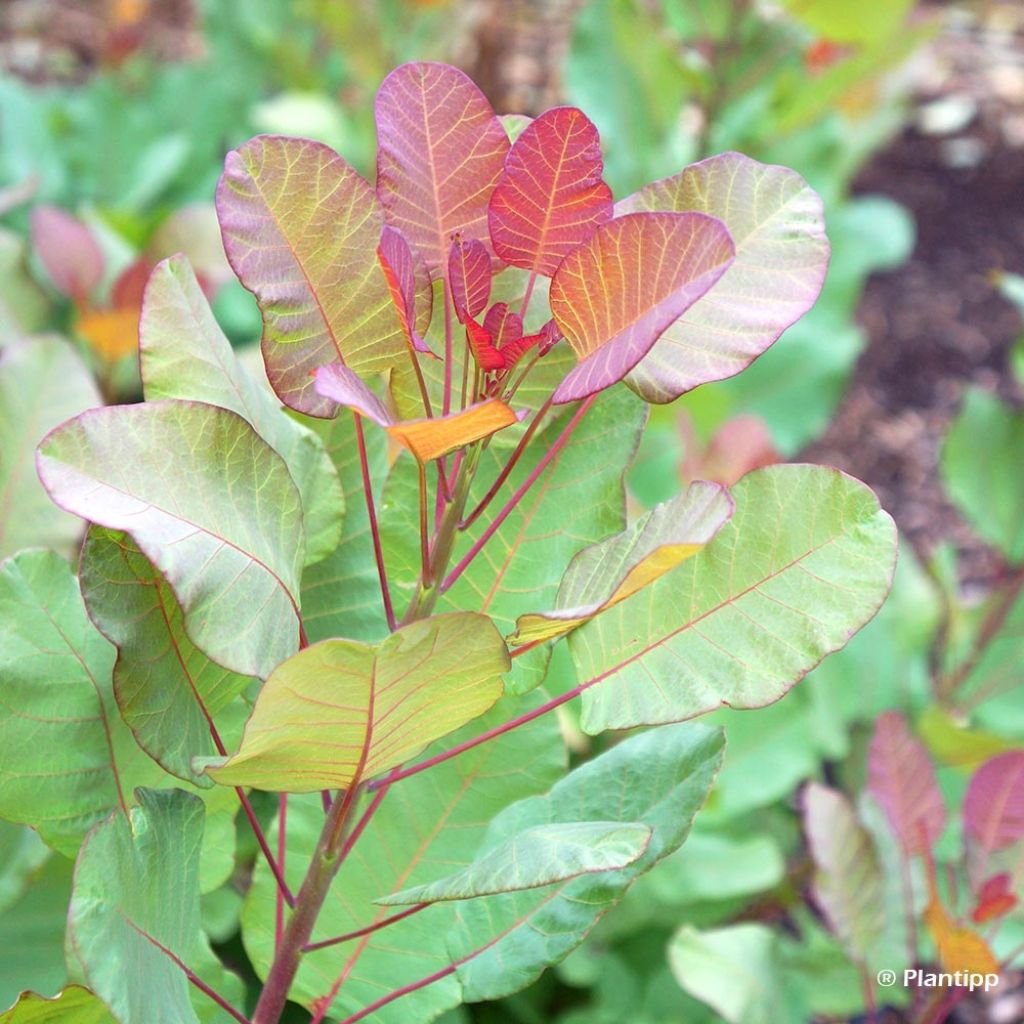

Cotinus coggygria Old Fashioned - Smoke Bush
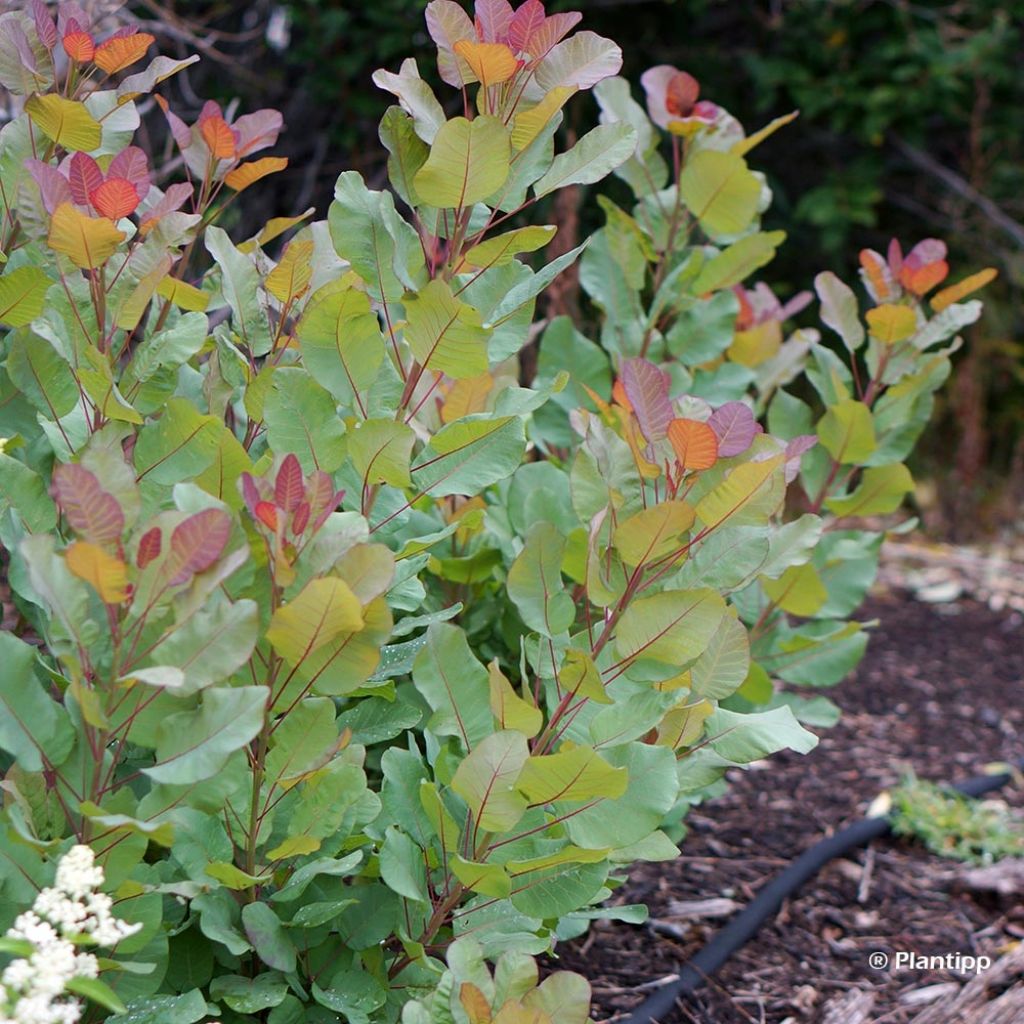

Cotinus coggygria Old Fashioned - Smoke Bush
Cotinus coggygria Old Fashioned - Smoke Bush
Cotinus coggygria Old Fashioned
Smoke Bush, European Smoke Tree, Venetian Sumach, Dyer's Sumach
Very beautiful bush that has established itself well and has already grown nicely.
Anne, 26/08/2024
Why not try an alternative variety in stock?
View all →This plant carries a 24 months recovery warranty
More information
We guarantee the quality of our plants for a full growing cycle, and will replace at our expense any plant that fails to recover under normal climatic and planting conditions.
From €5.90 for pickup delivery and €6.90 for home delivery
Express home delivery from €8.90.

Does this plant fit my garden?
Set up your Plantfit profile →
Description
Cotinus coggygria 'Old Fashioned' is a vigorous bush with surprisingly rounded foliage. At first orange or purple, it then takes on an elegant bluish tint. The contrast between the mature foliage and the young shoots is spectacular! Finally, in autumn, the whole plant ignites in red and orange. It is an easy-care bush that appreciates chalky, rather poor and dry soils, and tolerates both full sun and light shade.
Cotinus coggygria, also known as the smoke bush, belongs to the Anacardiaceae family. Native to southern Europe, it is one of the few wild representatives of this family. It is most commonly found in open woodlands, on poor, fairly dry and chalky soils, up to an altitude of about 800 m (2624 ft 8 in). It is a bush with a rather gangly habit, with long flexible branches bearing rounded obovate leaves (i.e. wider at the tip than at the base) as if floating at the end of a long petiole. The foliage takes on beautiful autumn colours. Between May and July, the bush produces numerous light and fluffy paniculate inflorescences of a very pale pink. These panicles are excellent for dried bouquets.
In the 'Old Fashioned' Cotinus, the foliage is particularly striking: in spring, the young leaves emerge dressed in orange-purple. They then take on a rare bluish-green, somewhat metallic hue in strong contrast to the later new shoots. The show continues in autumn, as at that time, the entire bush flames up in a range of bright pink, red and orange. It generally reaches a height of 2.50 m (8 ft 2 in) with a width of 2 m (6 ft 7 in).
The 'Old Fashioned' smoke bush is a vigorous, accomodating and very hardy bush (it withstands temperatures below -15°C (5 °F), even -20°C (-4 °F)). In full sun it will express its full potential in soils close to its natural habitat, i.e. rather poor, chalky and well-drained, ranging from moist to dry once established. It does not tolerate acidic or wet soils. It will therefore be a valuable plant for somewhat barren, rocky and dry areas, even on slopes.
For Cotinus, pruning is optional, as they naturally adopt a rather loose and elegant habit, which eventually becomes somewhat tree-like. However, you can also select several main branches to shorten regularly if you wish. Heavy pruning results in the production of straight, vigorous and highly coloured branches, which can grow more than 1 m (3 ft 4 in) per year.
If it is very beautiful as a standalone plant or in a large pot, you can also associate your Cotinus with other bushes from the same habitat, such as Arbutus and bladder senna, or with perennials such as giant scabious, Russell's phlomis, Olympus St. John's wort, and lemon catnip in large dry-beds or rockeries
Report an error about the product description
Cotinus coggygria Old Fashioned - Smoke Bush in pictures
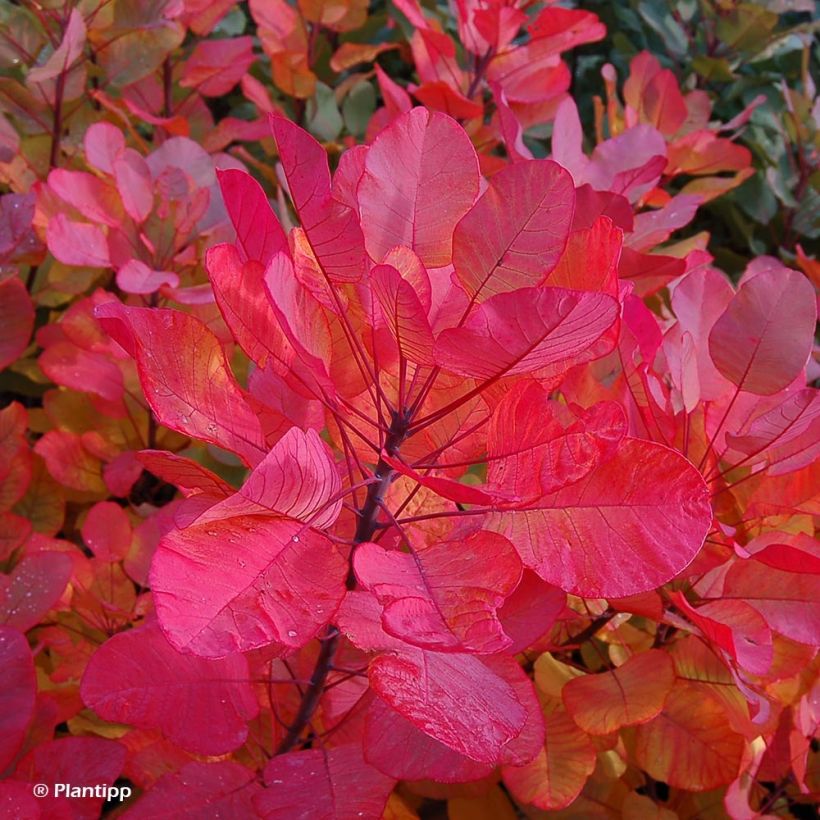

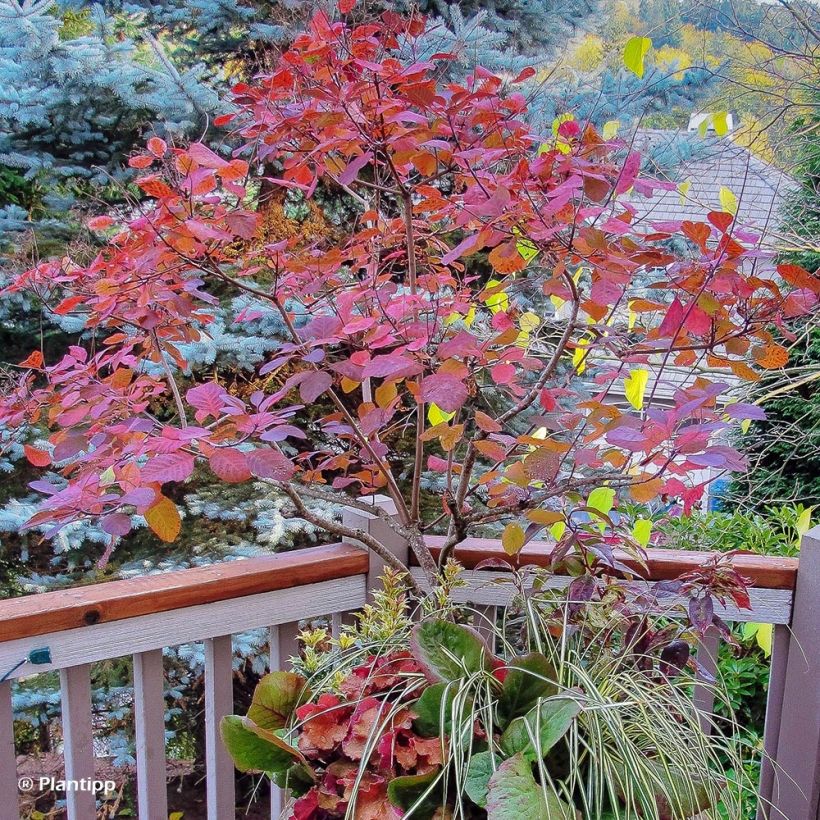

Plant habit
Flowering
Foliage
Botanical data
Cotinus
coggygria
Old Fashioned
Anacardiaceae
Smoke Bush, European Smoke Tree, Venetian Sumach, Dyer's Sumach
Cultivar or hybrid
Other Cotinus - Smokebush
Planting and care
Cotinus coggygria Old Fashioned is a bush best grown in well-draining, poor and light soil. It accepts limestone. It does not tolerate acidic, compact and clayey soils well. It tolerates sun and partial shade.
Planting period
Intended location
Care
-
, onOrder confirmed
Reply from on Promesse de fleurs
Hedge shrubs
Haven't found what you were looking for?
Hardiness is the lowest winter temperature a plant can endure without suffering serious damage or even dying. However, hardiness is affected by location (a sheltered area, such as a patio), protection (winter cover) and soil type (hardiness is improved by well-drained soil).

Photo Sharing Terms & Conditions
In order to encourage gardeners to interact and share their experiences, Promesse de fleurs offers various media enabling content to be uploaded onto its Site - in particular via the ‘Photo sharing’ module.
The User agrees to refrain from:
- Posting any content that is illegal, prejudicial, insulting, racist, inciteful to hatred, revisionist, contrary to public decency, that infringes on privacy or on the privacy rights of third parties, in particular the publicity rights of persons and goods, intellectual property rights, or the right to privacy.
- Submitting content on behalf of a third party;
- Impersonate the identity of a third party and/or publish any personal information about a third party;
In general, the User undertakes to refrain from any unethical behaviour.
All Content (in particular text, comments, files, images, photos, videos, creative works, etc.), which may be subject to property or intellectual property rights, image or other private rights, shall remain the property of the User, subject to the limited rights granted by the terms of the licence granted by Promesse de fleurs as stated below. Users are at liberty to publish or not to publish such Content on the Site, notably via the ‘Photo Sharing’ facility, and accept that this Content shall be made public and freely accessible, notably on the Internet.
Users further acknowledge, undertake to have ,and guarantee that they hold all necessary rights and permissions to publish such material on the Site, in particular with regard to the legislation in force pertaining to any privacy, property, intellectual property, image, or contractual rights, or rights of any other nature. By publishing such Content on the Site, Users acknowledge accepting full liability as publishers of the Content within the meaning of the law, and grant Promesse de fleurs, free of charge, an inclusive, worldwide licence for the said Content for the entire duration of its publication, including all reproduction, representation, up/downloading, displaying, performing, transmission, and storage rights.
Users also grant permission for their name to be linked to the Content and accept that this link may not always be made available.
By engaging in posting material, Users consent to their Content becoming automatically accessible on the Internet, in particular on other sites and/or blogs and/or web pages of the Promesse de fleurs site, including in particular social pages and the Promesse de fleurs catalogue.
Users may secure the removal of entrusted content free of charge by issuing a simple request via our contact form.
The flowering period indicated on our website applies to countries and regions located in USDA zone 8 (France, the United Kingdom, Ireland, the Netherlands, etc.)
It will vary according to where you live:
- In zones 9 to 10 (Italy, Spain, Greece, etc.), flowering will occur about 2 to 4 weeks earlier.
- In zones 6 to 7 (Germany, Poland, Slovenia, and lower mountainous regions), flowering will be delayed by 2 to 3 weeks.
- In zone 5 (Central Europe, Scandinavia), blooming will be delayed by 3 to 5 weeks.
In temperate climates, pruning of spring-flowering shrubs (forsythia, spireas, etc.) should be done just after flowering.
Pruning of summer-flowering shrubs (Indian Lilac, Perovskia, etc.) can be done in winter or spring.
In cold regions as well as with frost-sensitive plants, avoid pruning too early when severe frosts may still occur.
The planting period indicated on our website applies to countries and regions located in USDA zone 8 (France, United Kingdom, Ireland, Netherlands).
It will vary according to where you live:
- In Mediterranean zones (Marseille, Madrid, Milan, etc.), autumn and winter are the best planting periods.
- In continental zones (Strasbourg, Munich, Vienna, etc.), delay planting by 2 to 3 weeks in spring and bring it forward by 2 to 4 weeks in autumn.
- In mountainous regions (the Alps, Pyrenees, Carpathians, etc.), it is best to plant in late spring (May-June) or late summer (August-September).
The harvesting period indicated on our website applies to countries and regions in USDA zone 8 (France, England, Ireland, the Netherlands).
In colder areas (Scandinavia, Poland, Austria...) fruit and vegetable harvests are likely to be delayed by 3-4 weeks.
In warmer areas (Italy, Spain, Greece, etc.), harvesting will probably take place earlier, depending on weather conditions.
The sowing periods indicated on our website apply to countries and regions within USDA Zone 8 (France, UK, Ireland, Netherlands).
In colder areas (Scandinavia, Poland, Austria...), delay any outdoor sowing by 3-4 weeks, or sow under glass.
In warmer climes (Italy, Spain, Greece, etc.), bring outdoor sowing forward by a few weeks.

































